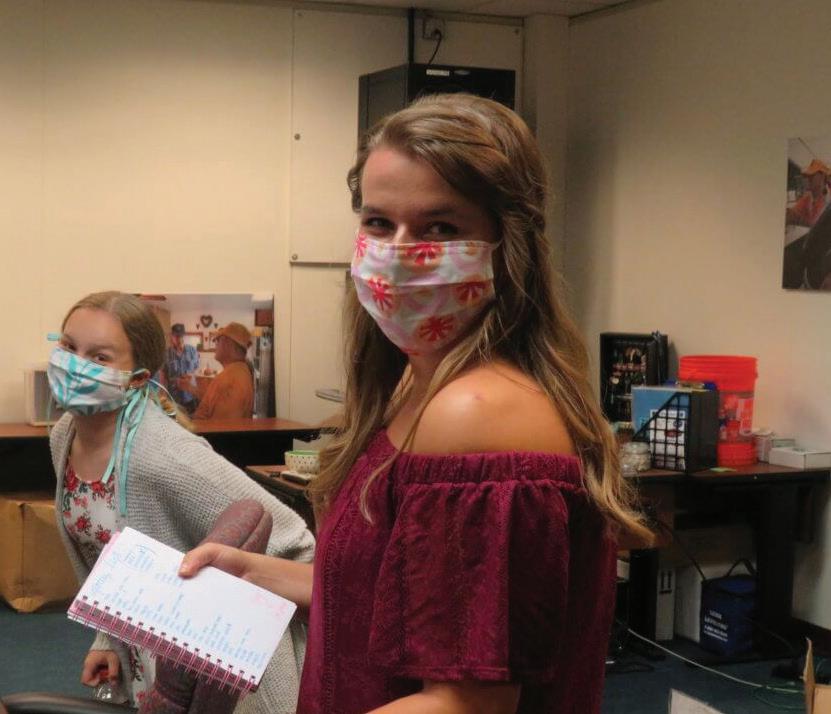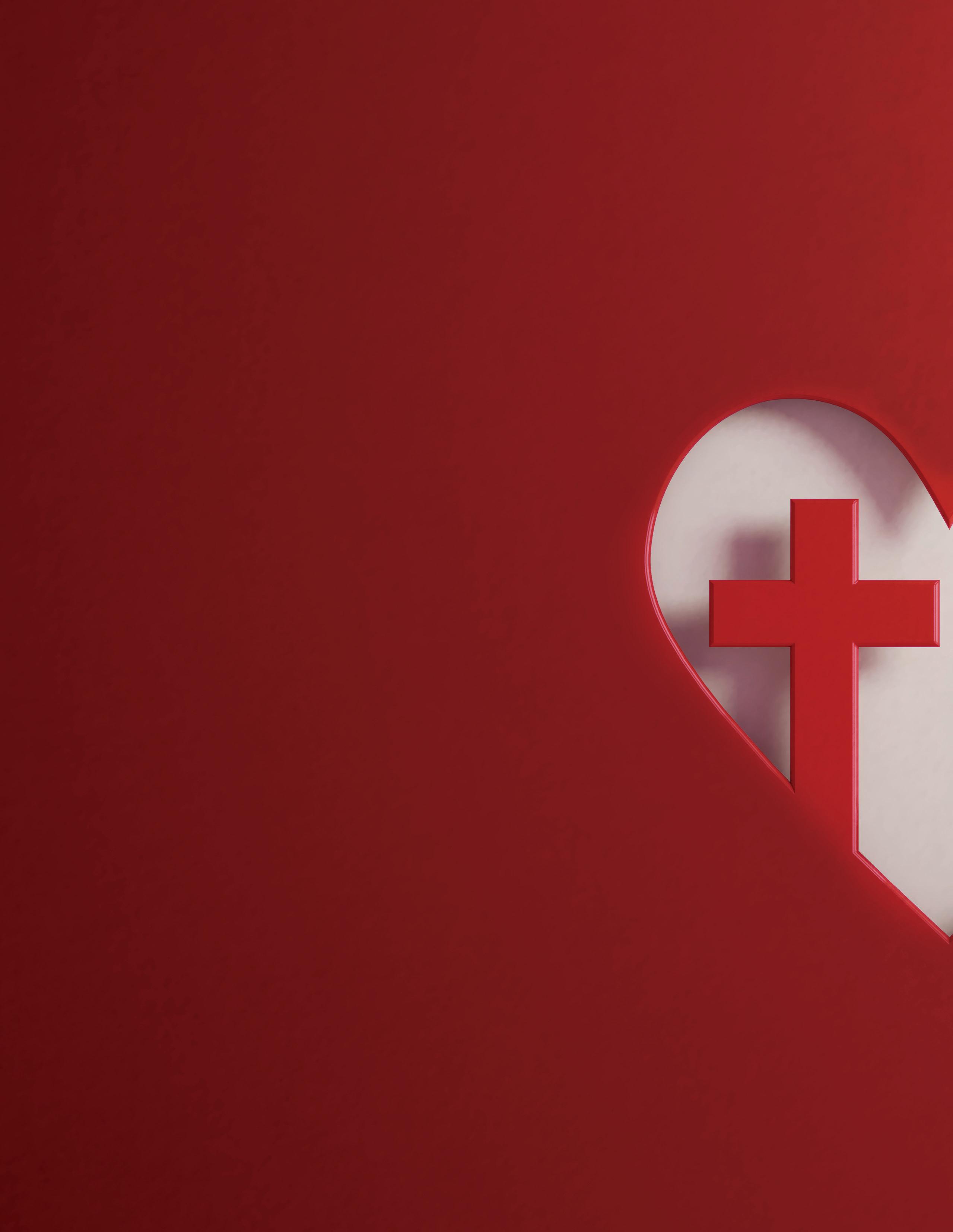
3 minute read
A Letter from the BGAV President
by Adam Tyler, BGAV President
I don’t know about you, but to me it seems like my entire world is divided right now. In the spring, I found I had friends who were “believe the scientist” folks and applauded quarantines and masks, and I also had friends who were “never-maskers,” who seemed to revel in the stares they got at the store as they walked the aisles, maskless. Over the summer, my newsfeed was full of alternating status updates from friends, some proclaiming “Black Lives Matter” and others posting memes about “Back the Blue,” as if those two statements were automatically mutually exclusive. And on the walks I’ve taken with my family this fall, we find yard signs and posters and banners proclaiming a household’s allegiance to the Trump-Pence ticket or the BidenHarris ticket–and when those neighbors meet on the street, there are clenched jaws and rising tensions.
How did it come to this? And, even more pertinent for this letter, how did we let those divisions come into the church?

I’ve heard stories over these past months, anecdotes about churches riven by dissension over these 2020 stresses: COVID, racial injustice, the election. Friends, families, brothers, and sisters in Christ have let disagreement end the conversation and the communion of the people of God. Pastors have been fired or encouraged to move on, families have left congregations they’ve attended their whole lives, friendships have been irreparably broken. Why? Because in a world that thrives on making enemies—where cable news and politicians and advertisers look for ways to drive us apart from one another— the church has followed the crowd.
There is another way. There is the way of Jesus. Jesus, who called together a band of disciples that included the collaborating tax collector, Matthew, and the revolutionary Zealot, Simon. Jesus, who ate at the table of Simon the Pharisee and engaged the confused Pharisee Nicodemus, even though the Pharisees were often at odds with his work. Jesus, who was “invited” to be part of the enemy-making machine when a woman was caught in adultery, but who instead created space for a personto-person encounter with the woman, which led to forgiveness and a chance to choose the Jesus way of life for herself. There is another way.
David Fitch, in his 2019 book, The Church of Us vs. Them, explores these issues (which have unfortunately continued and grown since his book’s publication). He asks several questions at the start, including:
• How is it that Christians have failed at this most prescient moment to be a people of reconciliation and renewal in the face of all this tumult?
• How do we get out of the mess to become a reconciling presence in the world through Jesus Christ?
• How can Christians respond in the face of this failure, to be the presence of his love, reconciliation, and healing in a world torn by strife and ugly conflict?
• How can we keep our integrity and love for justice in the process?
On the last page of his book, Fitch says, the “presence of Jesus unwinds the vitriol, anger, and violence of the enemy-making machine […] In Jesus, space is opened for the healing of the world.”
He then says, “This is the challenge…Can my church be this Jesus in my neighborhood? Can we make space for his presence in our own lives and in the lives of those around us? Can we be used by God to bring his healing, transforming power into the world?”
We can, my friends—but it’s going to take some commitment, some repentance, and some work. Are we up to it as the people of God? Are we up to it as the BGAV?









